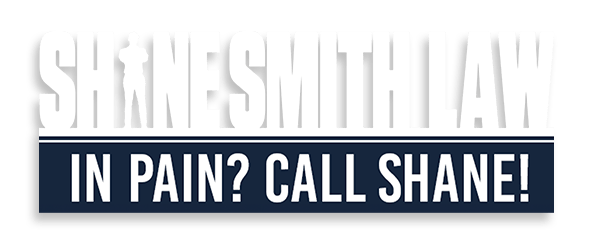The National Highway Traffic Safety Administration estimates that approximately 11 percent of all drivers on the road at any given time are using a cell phone!
The government considers cell phone use while driving a serious public health risk. In 2008, 1.4 million crashes and 645,000 injuries were attributed to distracted driving caused by cell phone use.
More than one in every four (more than 25%) motor vehicle crashes involve cell phone use at the time of the crash!
Many states ban the use of handheld cell phones. Georgia only prohibits school bus drivers and young drivers under age 18 from cell phone use while driving. However, every state allows cell phone use if hands-free devices are used. Many people believe that hands-free devices prevent driver distraction because they allow the driver to keep their hands on the wheel and eyes on the road. A new study shows this may not be true.
Drivers using cell phones experience three types of distraction:
- Visual distraction takes a driver’s eyes off the road.
- Manual distraction takes a driver’s hands off the wheel.
- Cognitive distraction takes a driver’s mind away from driving.
Hands-free devices prevent visual and manual distraction, but they cannot prevent cognitive distraction.
If you or someone you love has been injured by a distracted driver, you have rights. Atlanta car accident attorney Shane Smith is dedicated to helping victims of Georgia car accidents to recover fair insurance compensation for their injuries, property damage, medical costs, and other losses. To learn more, contact Shane Smith Law to schedule a free consultation.
If your car sustained any damage, be sure to download our free book, “Property Damage Guide for Georgia.”

